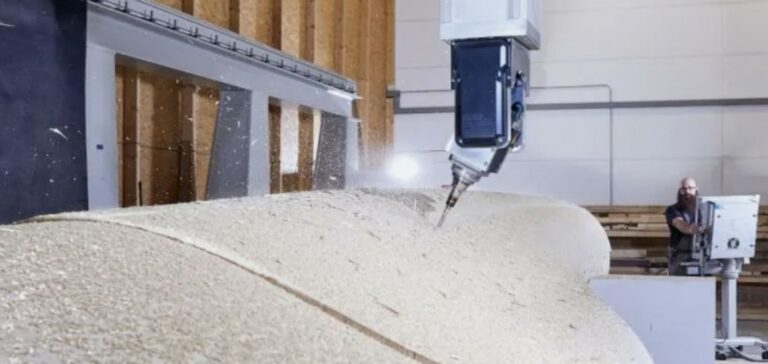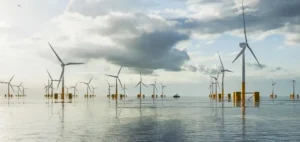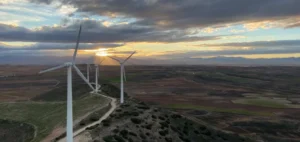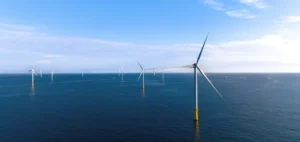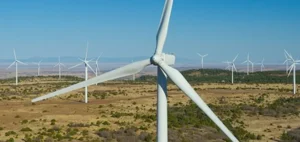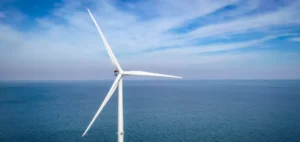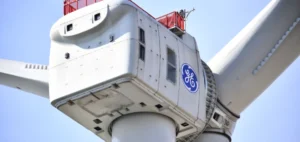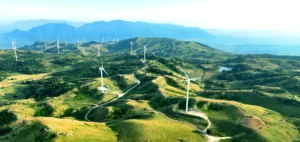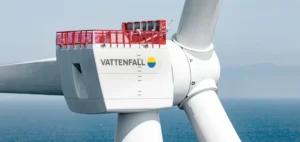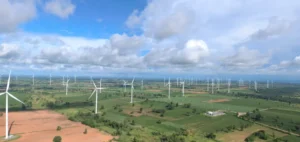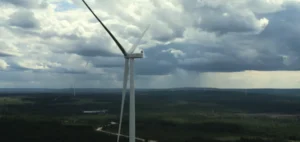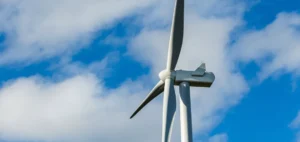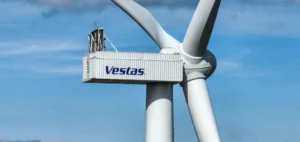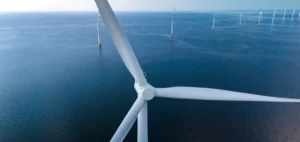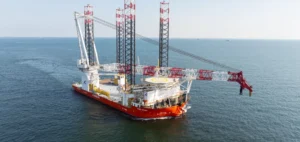German company Voodin Blade Technology announced today, May 2, 2024 in Lichtenfels, the prototype installation of its first 19.3-meter wooden wind turbine blades. This breakthrough could revolutionize the manufacture of wind turbines, which have traditionally relied on less durable materials such as fiberglass and carbon.
The advantages of laminated wood
The new blades are made from glulam-laminated timber (LVL), a material distinguished by its durability and ability to be recycled more easily than current composites. Unlike traditional materials, which require costly molds and are difficult to recycle, LVL enables greater automation and offers greater production flexibility.
Ecological and economic impact
In addition to the environmental benefits, Voodin’s LVL blades reduce the need for specialized labor and enable local production close to wind farms, thus cutting transport costs and associated emissions. Tom Siekmann, CEO of Voodin, points out that this innovation could significantly reduce the 50 million tonnes of blade waste forecast for 2050.
“At the end of their life cycle, most blades are buried or incinerated. This means that – at this rate – we’ll end up with 50 million tonnes of waste blade material by 2050. With our solution, we want to help green energy really become as green as possible.”
Durability and performance testing
Laboratory tests carried out by Voodin Blade Technology show that LVL blades outperform fiberglass blades in terms of durability and resistance to harsh weather conditions. Jorge Castillo, co-founder of Voodin, explains that hundreds of tests have confirmed the superiority of LVL, particularly in terms of fatigue resistance and climatic adaptability.
“We have conducted hundreds of laboratory tests over the past two years to perfect the blade material. According to all our tests, our blades are even more durable than current fiberglass blades, as they exhibit fewer fatigue characteristics and have proven to withstand all kinds of terrestrial weather conditions extremely well.”
Future projections and developments
On the strength of these promising results, Voodin Blade Technology has no intention of stopping there. The company is already planning to build prototypes of larger blades, 60 and 80 meters long, to meet the growing demand for sustainable wind energy. These innovations could well position the company as a leader in the renewable energy sector.
Voodin Blade Technology’s initiative marks a potential turning point for the wind energy industry, combining technological innovation and ecological commitment. With substantial reductions in costs and emissions, as well as improved durability, Voodin’s wooden blades could well become the new standard in wind power generation.


